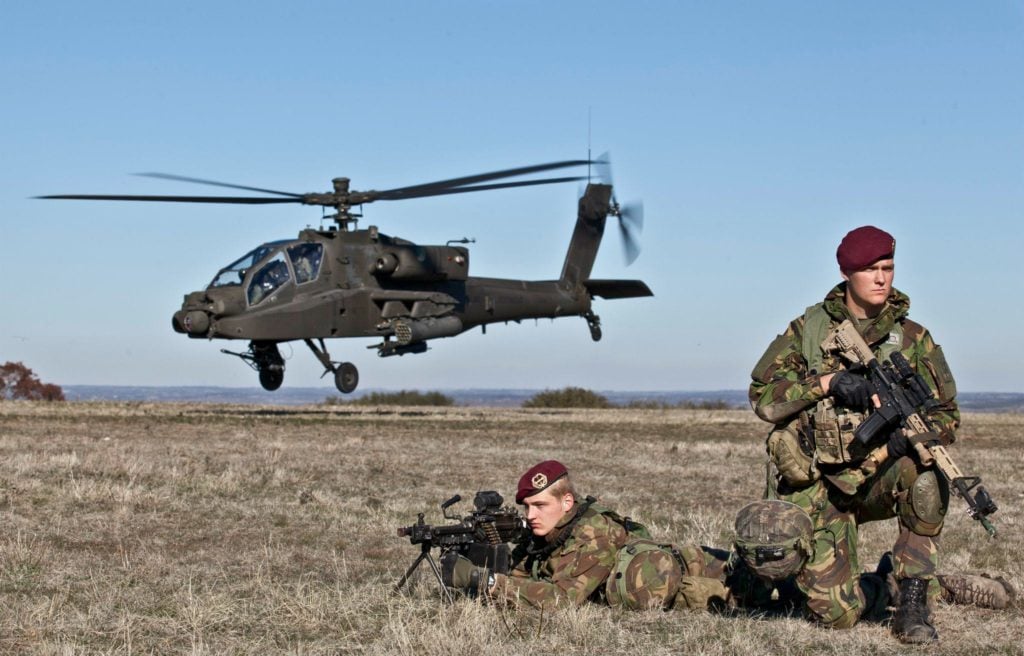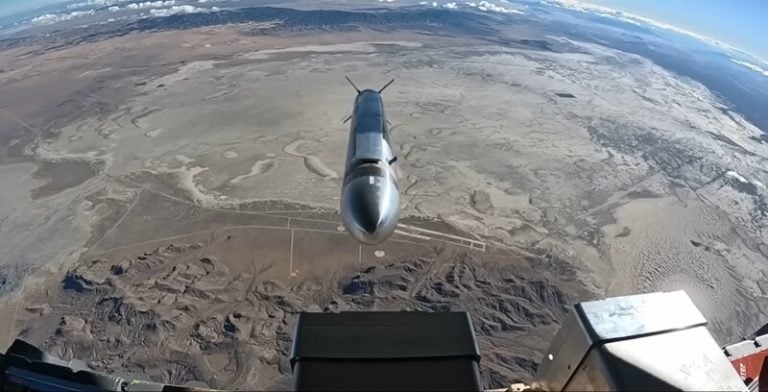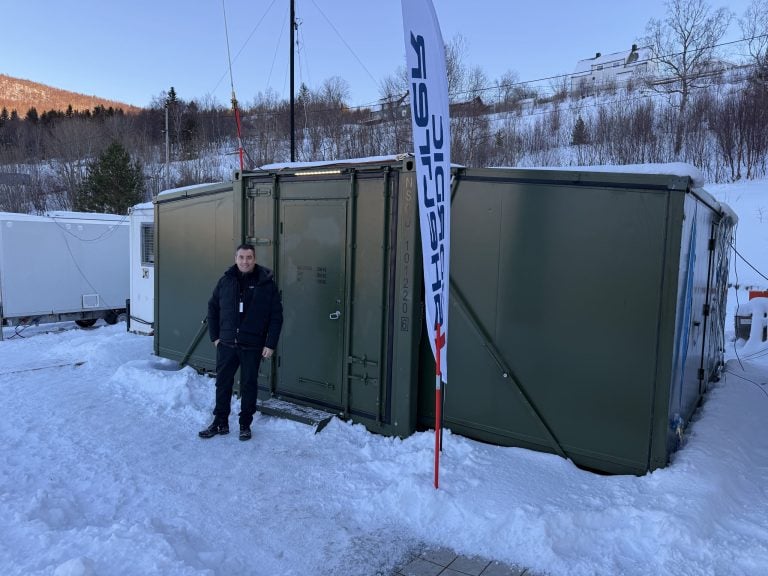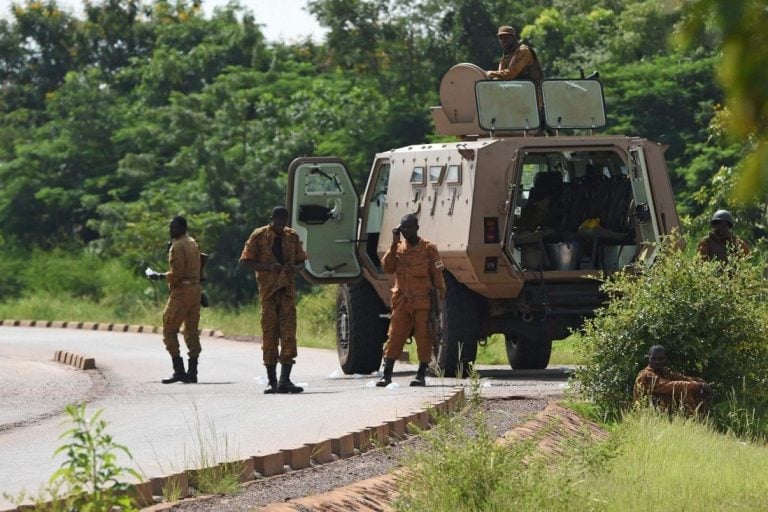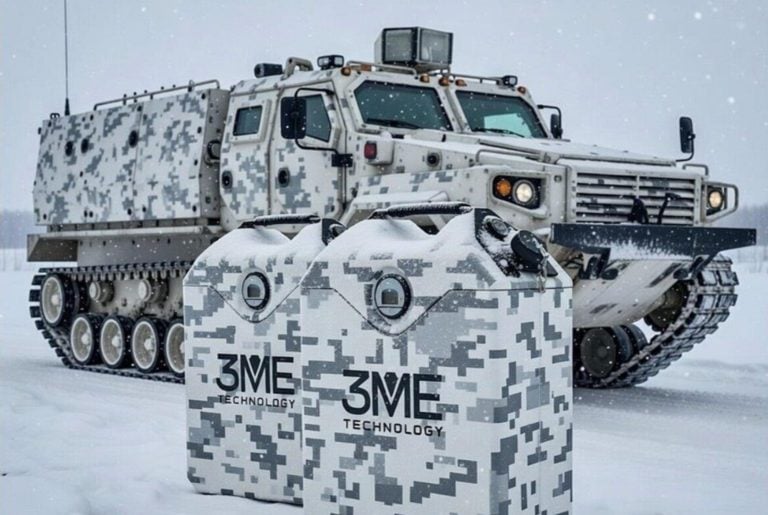The Netherlands has announced its commitment to NATO’s spending goal of five percent of its gross domestic product (GDP) for defense, in a move that aligns with key demands from the United States ahead of an important summit. Outgoing Prime Minister Dick Schoof made this declaration on Friday, just days before a NATO meeting scheduled in The Hague on June 24-25, where the alliance’s defense spending will be a pivotal topic.
In his statement, Schoof expressed the government’s intention to support NATO’s proposal that advocates for an allocation of 3.5 percent of GDP annually for direct military spending, in addition to 1.5 percent for broader security-related investments, such as social resilience and infrastructure. Schoof emphasized the pressing need for increased defense investments, stating, “With a war on our continent, our security is no longer guaranteed,” highlighting the urgency presented by the ongoing conflict in Ukraine.
NATO’s Secretary General, Mark Rutte, has been actively urging member nations to commit to the 3.5 percent target by 2032 while reinforcing the discourse around enhanced defense expenditure. Rutte noted that the potential repercussions of failing to meet these defense spending commitments could be severe, citing specific risks to national health services and social systems. He provocatively remarked, “You could still have the National Health Service, or in other countries, their health systems, the pension system, etc., but you (had) better learn to speak Russian,” underscoring the stark realities of current geopolitical tensions.
The backdrop to this funding strategy is the escalation of military threats in Europe following Russia’s full-scale invasion of Ukraine in February 2022. As NATO members strive to enhance their defense capabilities in light of this new security landscape, the Netherlands’ pledge signifies a pivotal shift towards a more robust collective defense posture within the alliance. Currently, the agreed-upon minimum defense spending by NATO countries stands at 2 percent of GDP, marking a significant increase in aspirations as member nations respond to evolving security challenges.
